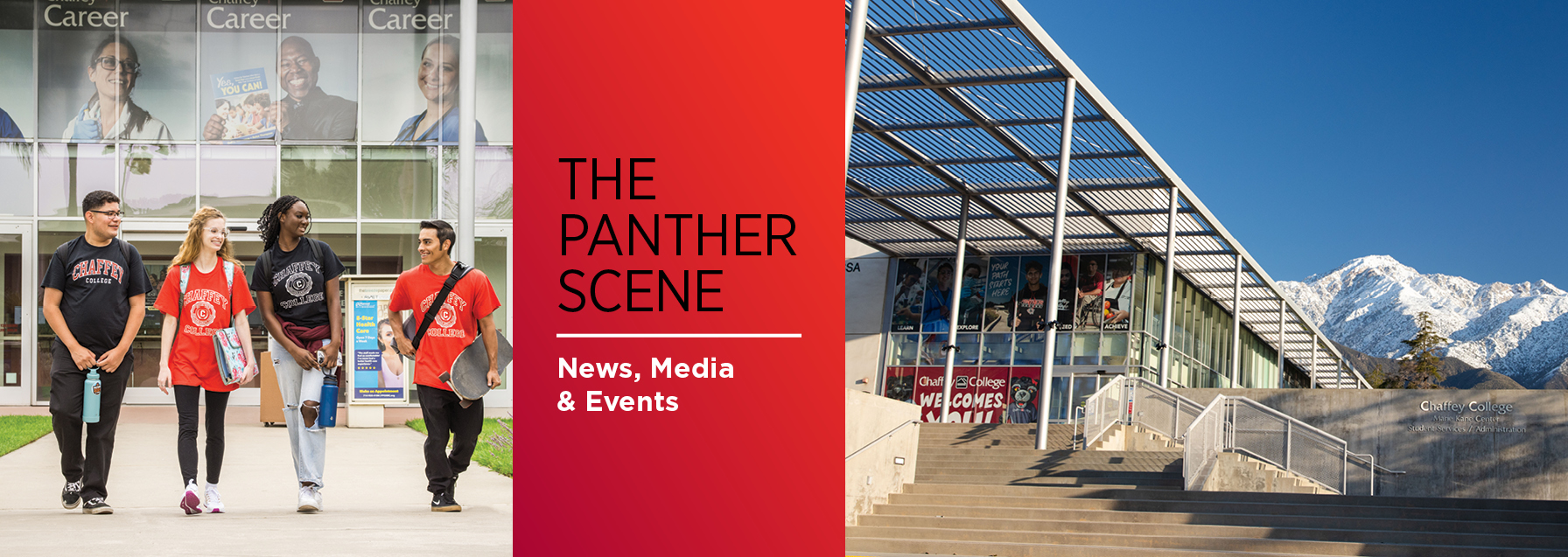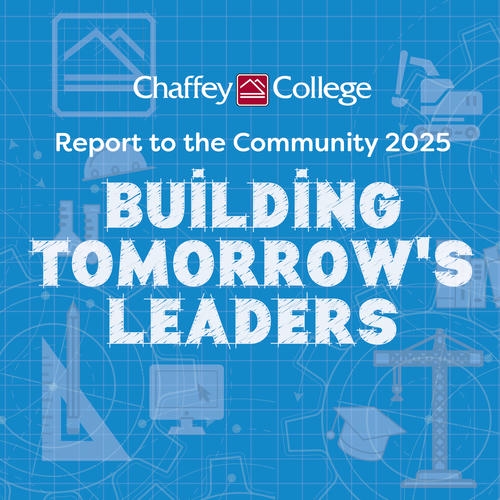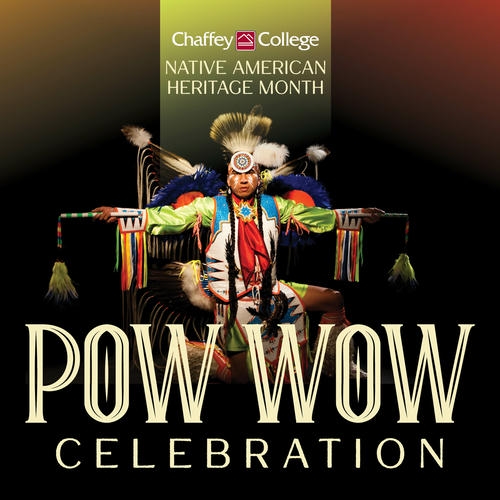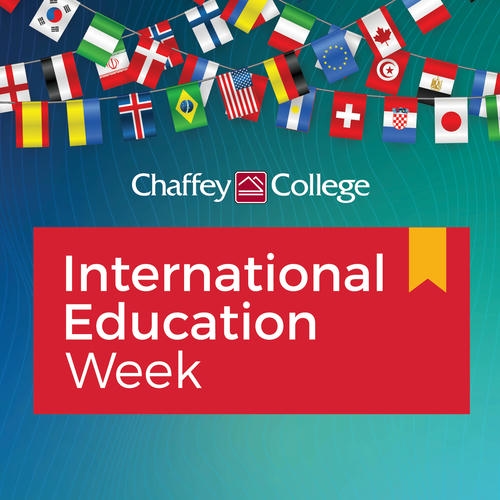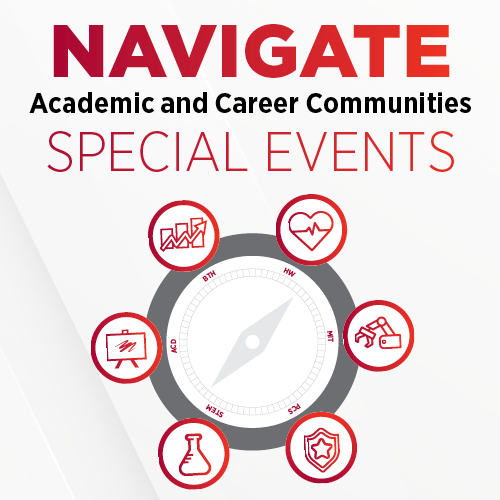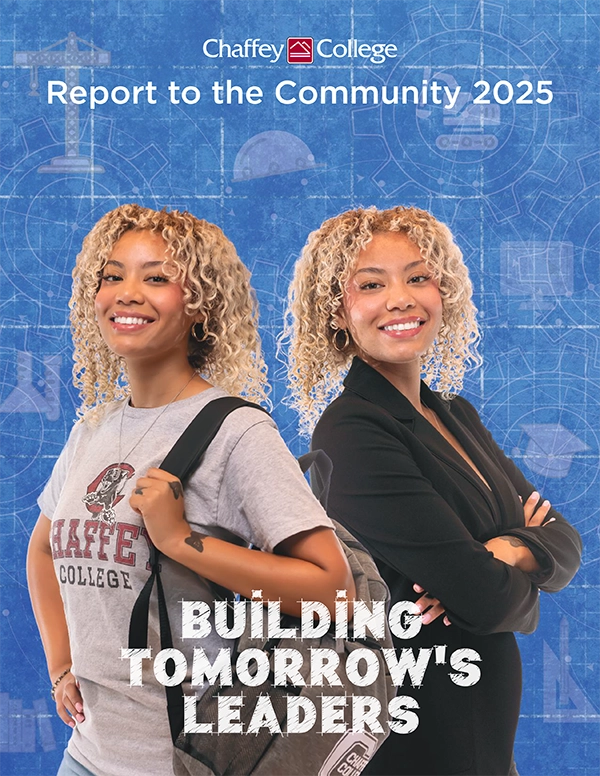The Panther Scene
Latest News
Calendar of Events
Event Photo Gallery
Report to the Community
Chaffey College’s Report to the Community is an annual event dedicated to showcasing how Chaffey is innovating for its students and impacting economic growth throughout the Inland Empire. Learn more.
View 2024 Annual Report
Media contact
Melissa Pinion
Strategic Communications Office
Communications Manager
(909) 652-6121
Melissa.Pinion@chaffey.edu
Have a story idea?

